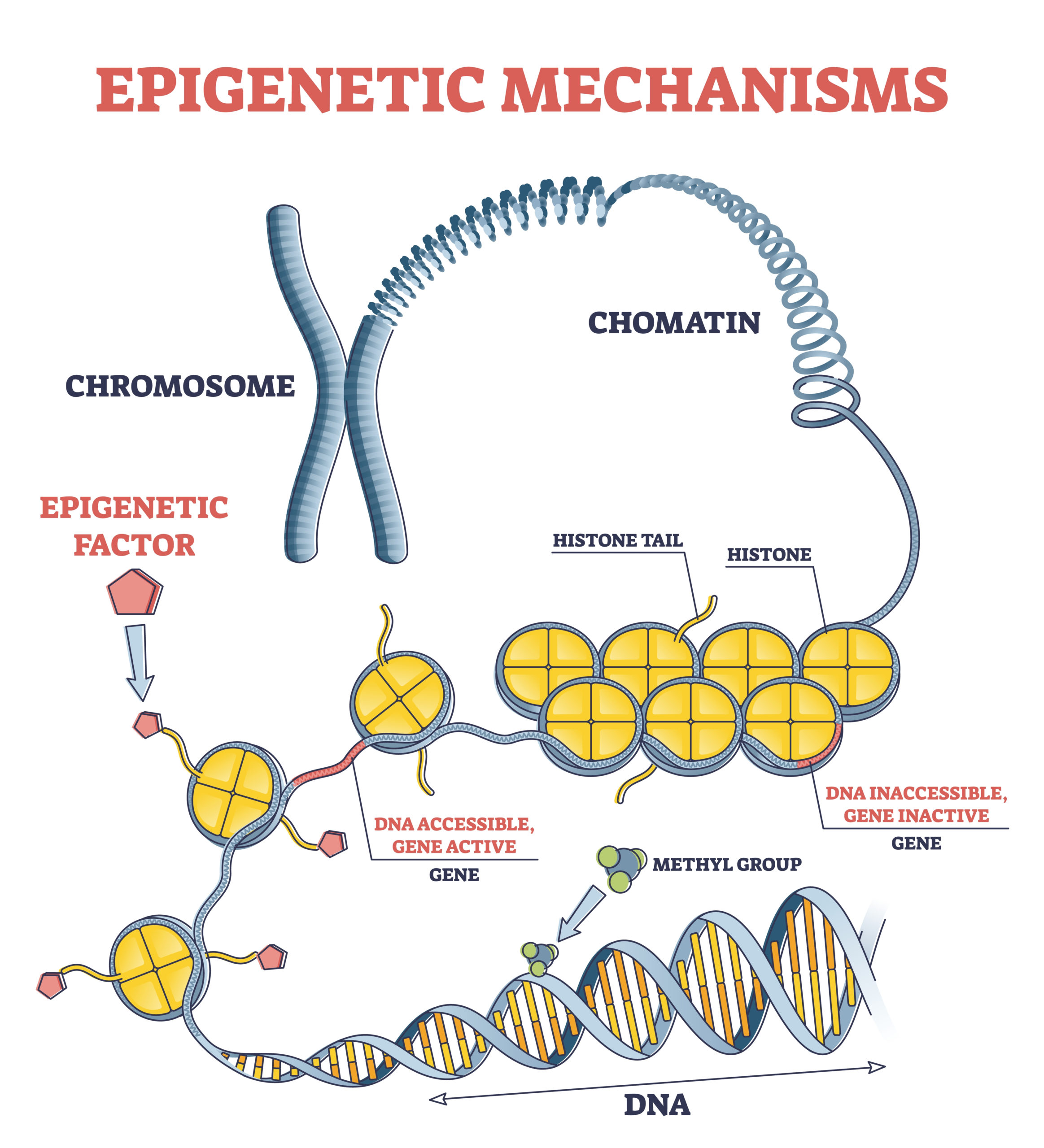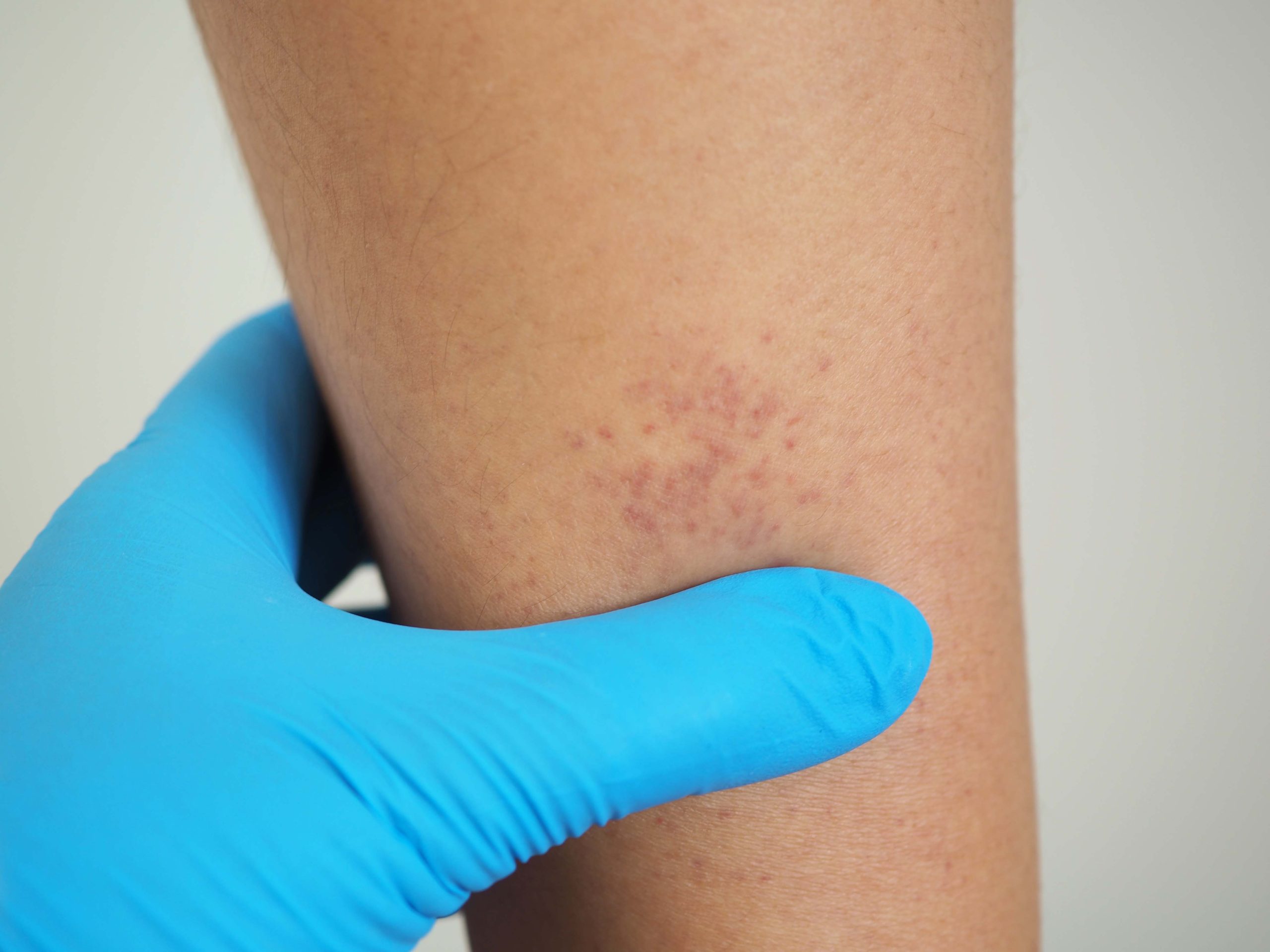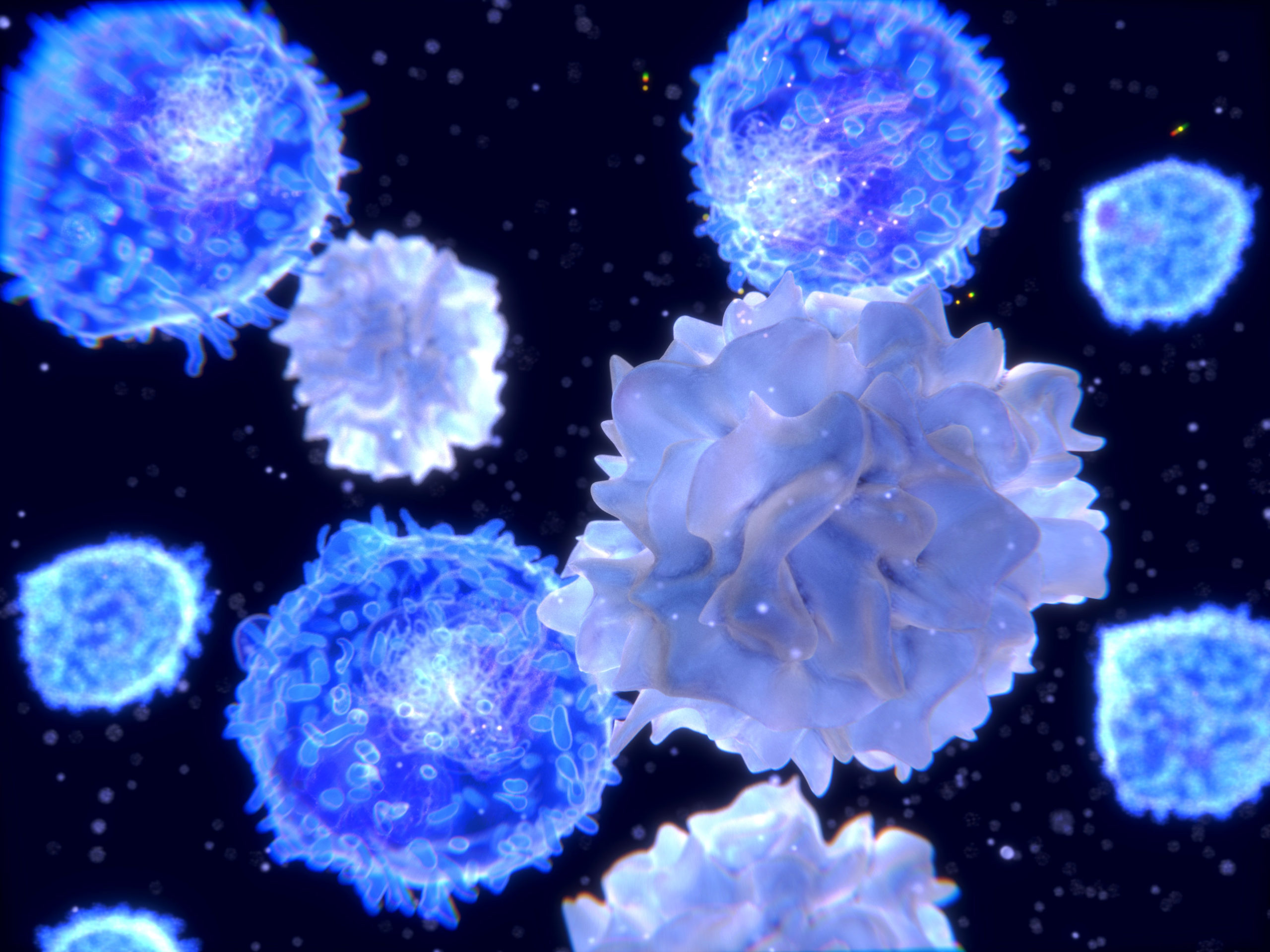
In a study in International Immunopharmacology, researchers reported that immune thrombocytopenia (ITP) appeared to alter DNA methylation at the regulatory regions of the NOTCH1 gene in the Th1 and Th2 cell differentiation pathways. Additionally, the lead author, Shu-Yan Liu, and colleagues noted that decitabine may induce a therapeutic effect on patients with ITP via demethylation.
The study included 231 patients with ITP and 9 control samples. The authors initially performed high-throughput methylation analysis of the samples, then explored key methylated genes and their downstream cytokines with Luminex assays and qRT-PCR. Researchers also evaluated decitabine in the culture medium of cultured bone marrow mononuclear cells from patients with ITP and used qRT-PCR and ELISA to determine treatment efficacy.
According to the researchers, based on the Search Tool for the Retrieval of Interacting Genes/Proteins (STRING) and Metascape databases, hypermethylated NOTCH1 was identifiable and impacted ITP by dysregulating cytokines through the Th1 and Th2 pathways.
Specifically, compared to controls, patients with ITP had significantly decreased expression levels of NOTCH1 and its Th2 cytokines, interleukin (IL)-4, IL-10, and GATGA3, and significantly increased Th1 cytokine expression (IFN-γ, IL-12, and TNF-α). Lastly, the report noted that treatment with 100 nM decitabine significantly reversed the dysregulation of NOTCH1 and its cytokines in patients with ITP.
Ultimately, the authors summed that “a hypermethylated gene NOTCH1 affected ITP occurrence as mediated by the Th1 and Th2 cell differentiation pathways,” and that low-dose decitabine may have a role in the treatment of ITP.
Related: Single-Center Perspective of ITP Presentations and Characteristics







 © 2025 Mashup Media, LLC, a Formedics Property. All Rights Reserved.
© 2025 Mashup Media, LLC, a Formedics Property. All Rights Reserved.